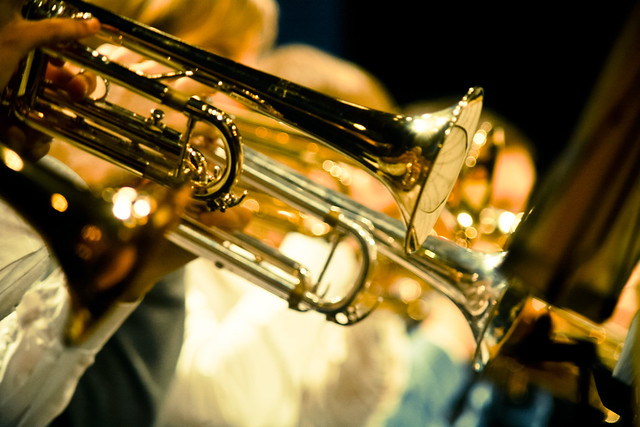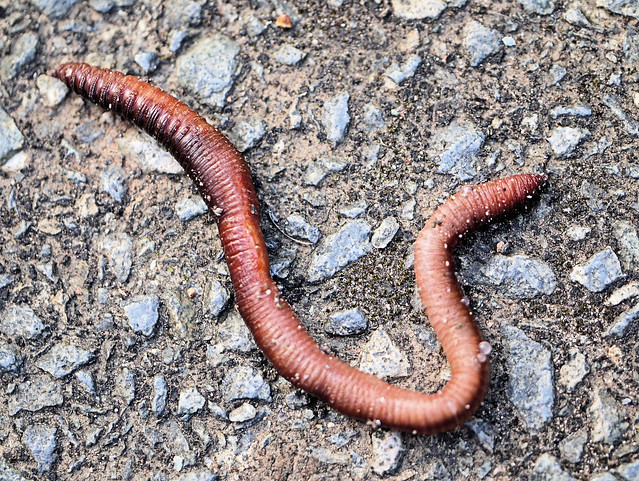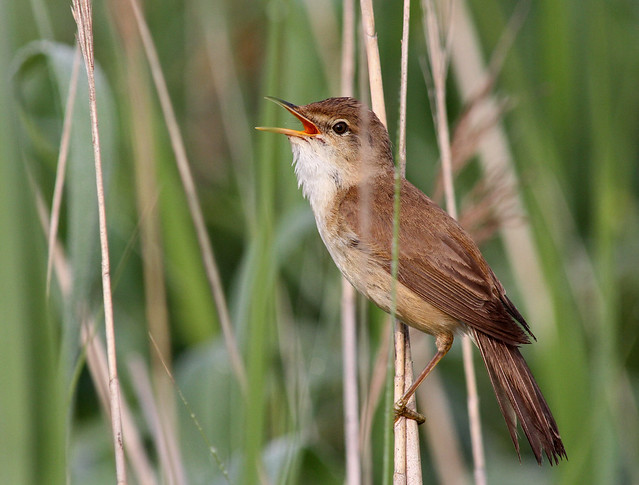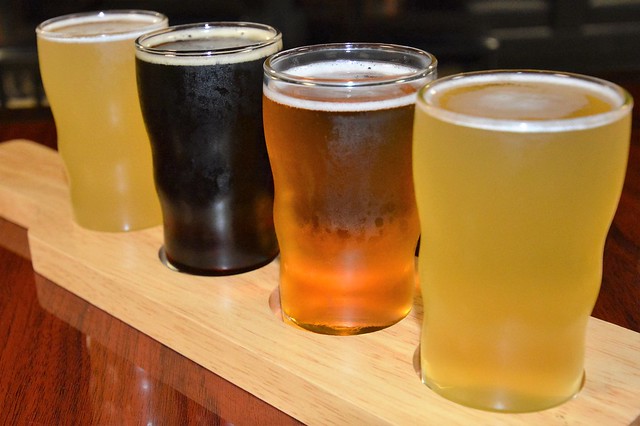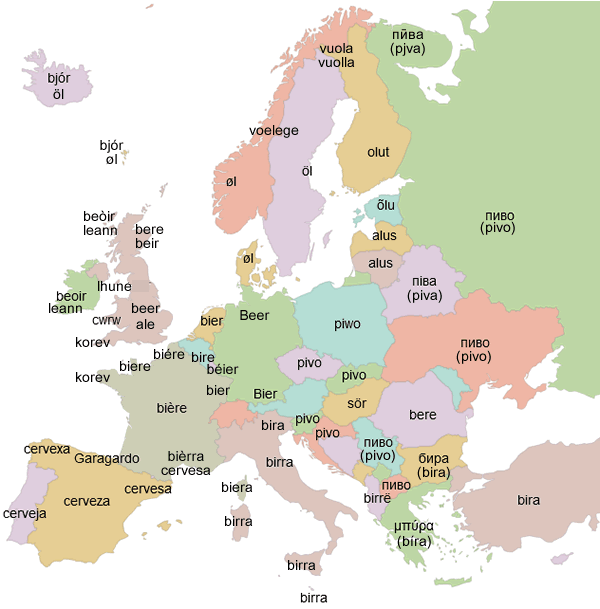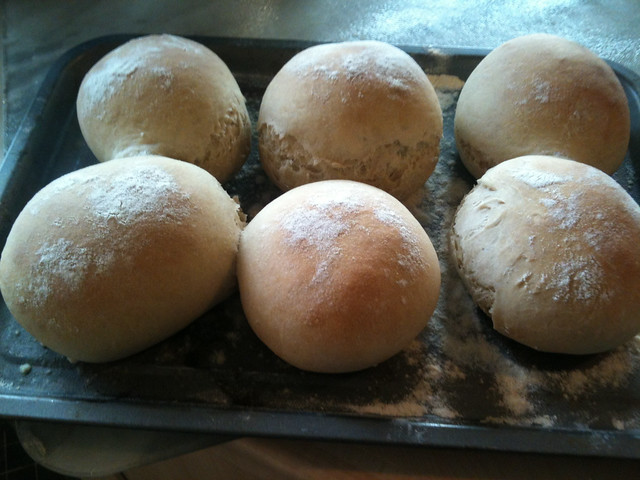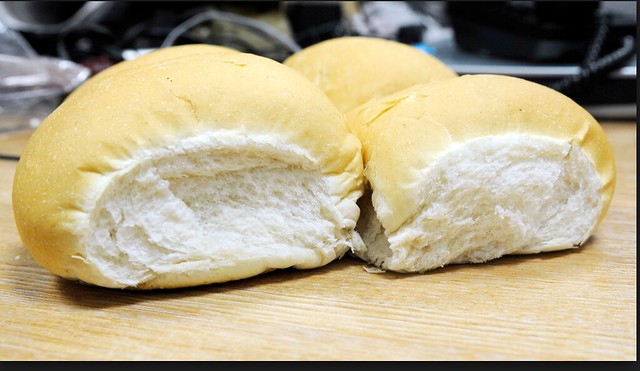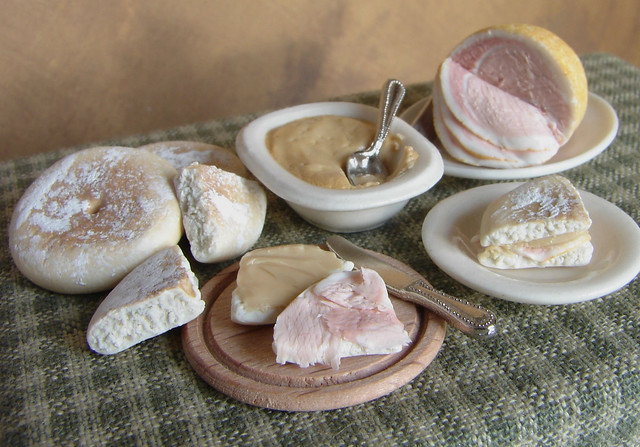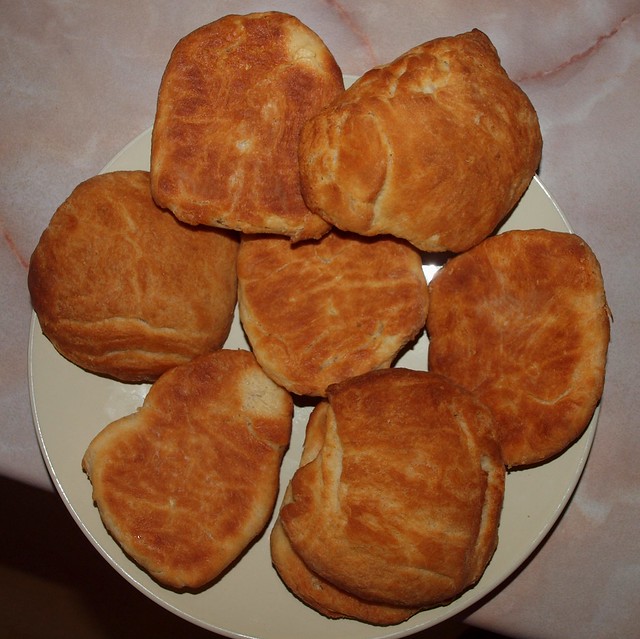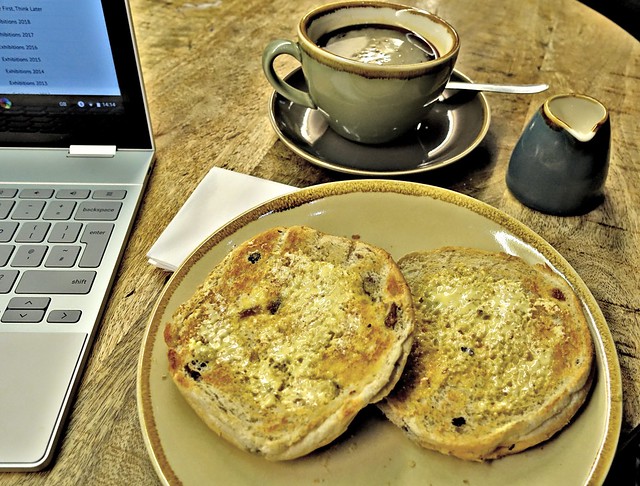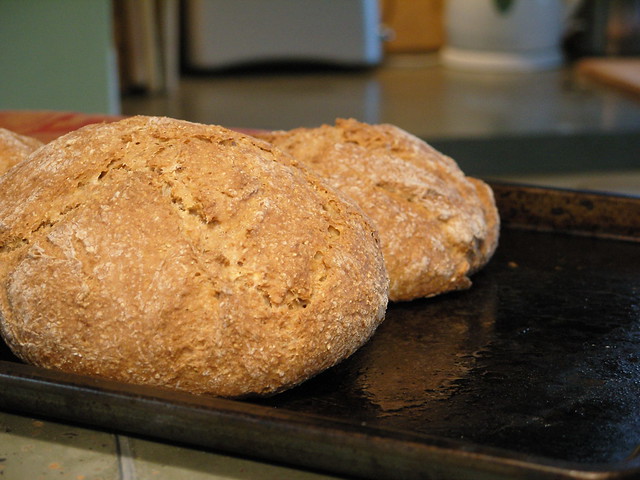How do you pronounce the word marquis? This is something I was discussing with a friend the other day, and we concluded that there is no one right way to say it.
In the UK, one way to pronounce marquis is [ˈmɑː.kwɪs] (mah-kwis), although some people prefer to pronounce it [ˈmɑː.ki] (mah-kee). In General American, it is apparently pronounced [mɑɹˈki] (mar-kee) or [ˈmɑɹ.kwɪs] (mar-kwis). Other pronounciations are no doubt available
What is a marquis, you may ask. According to Wiktionary:
- A nobleman in England, France, and Germany, of a rank next below that of duke, but above a count. Originally, the marquis was an officer whose duty was to guard the marches or frontiers of the kingdom. The office has ceased, and the name is now a mere title conferred by letters patent or letters close.
- Any of various nymphalid butterflies of the Asian genus Bassarona (or Euthalia).
It literally means “lord of the march” (march as in border country), and comes from Middle English markis (marquis), from Old French marchis (marquis), from Midieval Latin marchensis, from Old High German marcha (border, march) and/or Frankish *markōn (to mark, notice), from Proto-Germanic *markō (border, boundary, region,area), from Proto-Indo-European *mórǵs (border, boundary) [source].
Related words in English include:
- marquisate = the territory held by a marquis, margrave or marchioness; the state or rank of a marquis
- marquess = a man ranking beneath a duke and above an earl (an alternative spelling of marquis)
- marquise = marquee; an oval cut gemstone with pointed ends; a canopy
- marquee = a large tent with open sides, used for outdoors entertainment; a projecting canopy over an entrance
- marchioness = the wife of a marquess; a woman holding the rank of marquess in her own right
- march = a formal, rhythmic way of walking, used especially by soldiers, by bands and in ceremonies; to walk with long, regular strides, as a soldier does; border region, especially one originally set up to defend a boundary (archaic, historical)
- margin = the edge or border of any flat surface
Words from the same roots in other languages include mark (field) in Danish, mark (ground, land, soil, territory) in Swedish, margen (margin, edge, leeway) in Spanish, bro (region, country, land, neighbourhood, border, boundary) in Welsh, brolo (small vegetable garden) in Italian [source].







